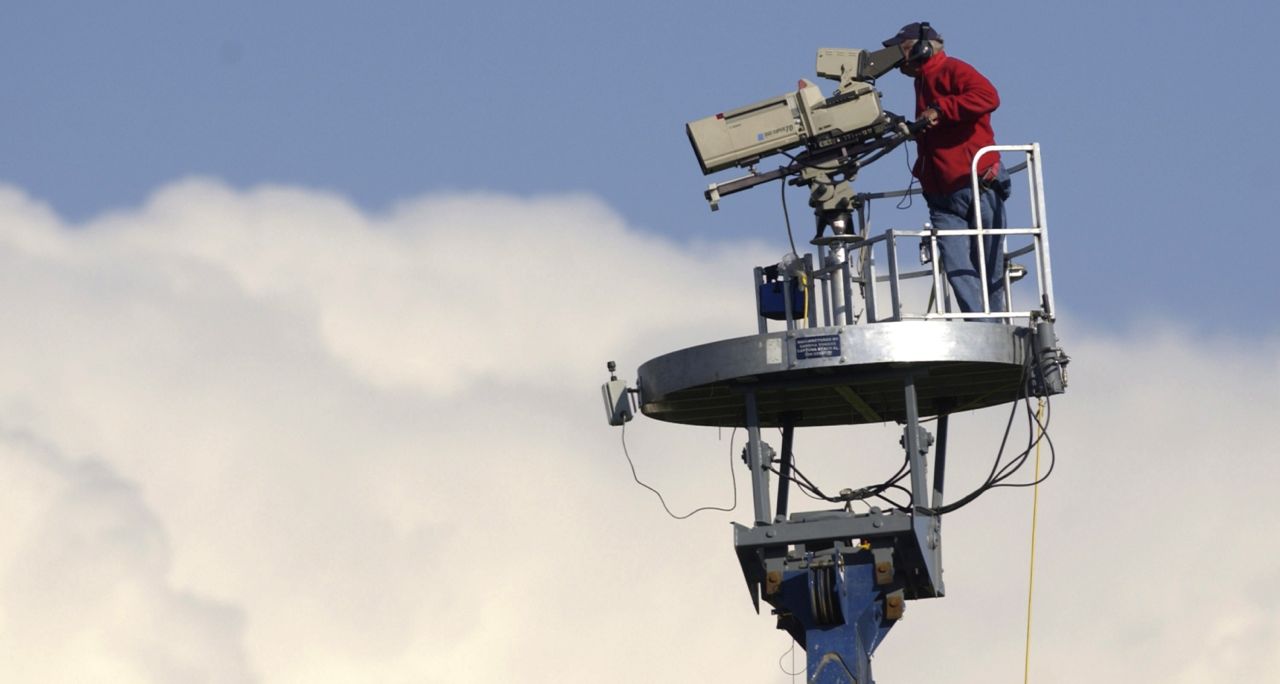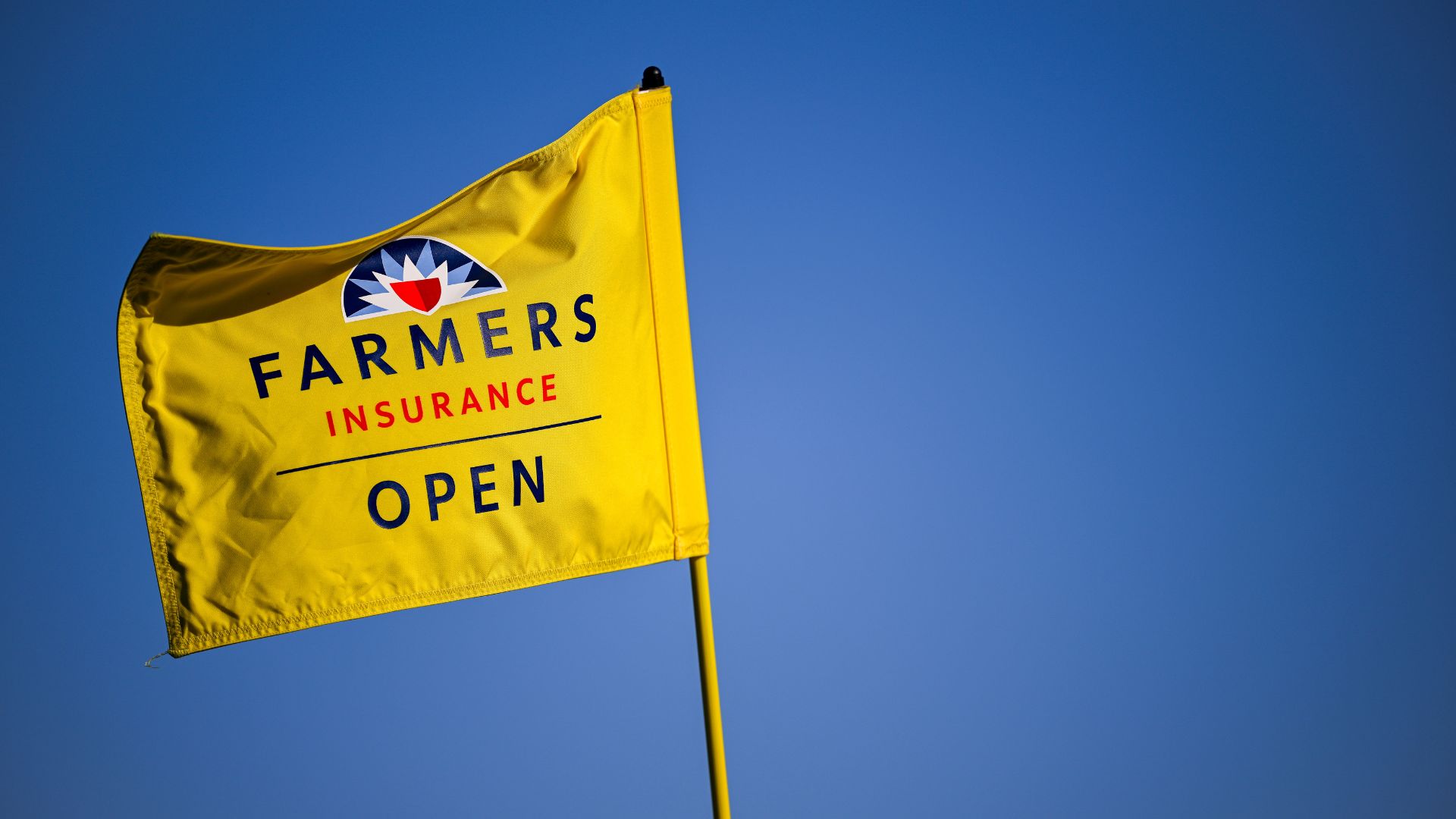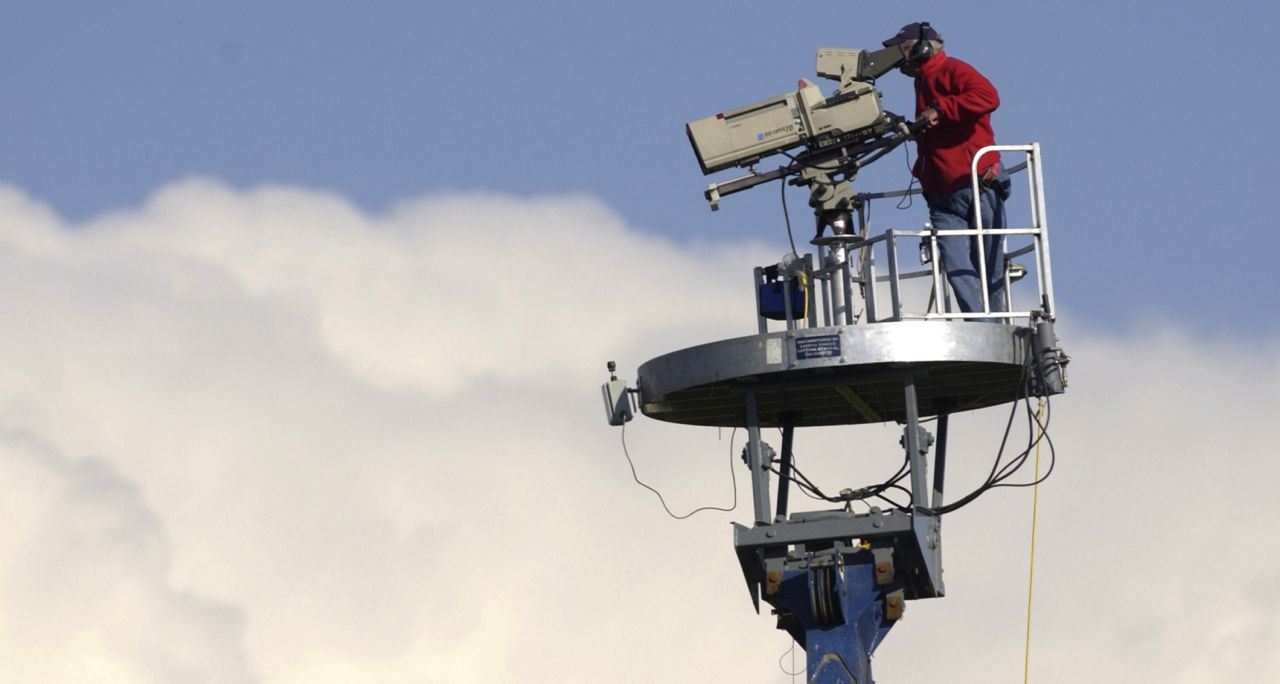German players and Brooks Koepka’s comeback create excitement at the Farmers Insurance Open PGA Tour kickoff. See the tee times here.
Author: Golf Post
Rory McIlroy secured a thrilling win at the 2025 AT&T Pebble Beach Pro-Am, showcasing his exceptional golfing skills.

LET season opens in Riyadh with many German-speaking stars, LIV Golf Adelaide, and the AT&T Pebble Beach Pro-Am live on Sky, DAZN, and MagentaTV.
First start already at Farmers, Vijay Singh returns, Charley Hull to launch YouTube channel soon. The Back Nine.

German players and Brooks Koepka’s comeback bring excitement to the PGA Tour opener at Torrey Pines. Find out the tee times here.
Rory McIlroy celebrated a major victory at the 2025 AT&T Pebble Beach Pro-Am, showcasing his exceptional skill on the course.

LET season opener in Riyadh with many German-speaking stars, LIV Golf Adelaide and the AT&T Pebble Beach Pro-Am live on Sky, DAZN and MagentaTV. Golf on TV is live.
First start already at the Farmers, Vijay Singh eager for more, Charley Hull soon on YouTube. The Back Nine.
German players and Brooks Koepka’s comeback promise excitement at the Torrey Pines PGA Tour opener. Check out the tee times here.
Rory McIlroy secures victory at the 2025 AT&T Pebble Beach Pro-Am, showcasing his exceptional skill and determination.